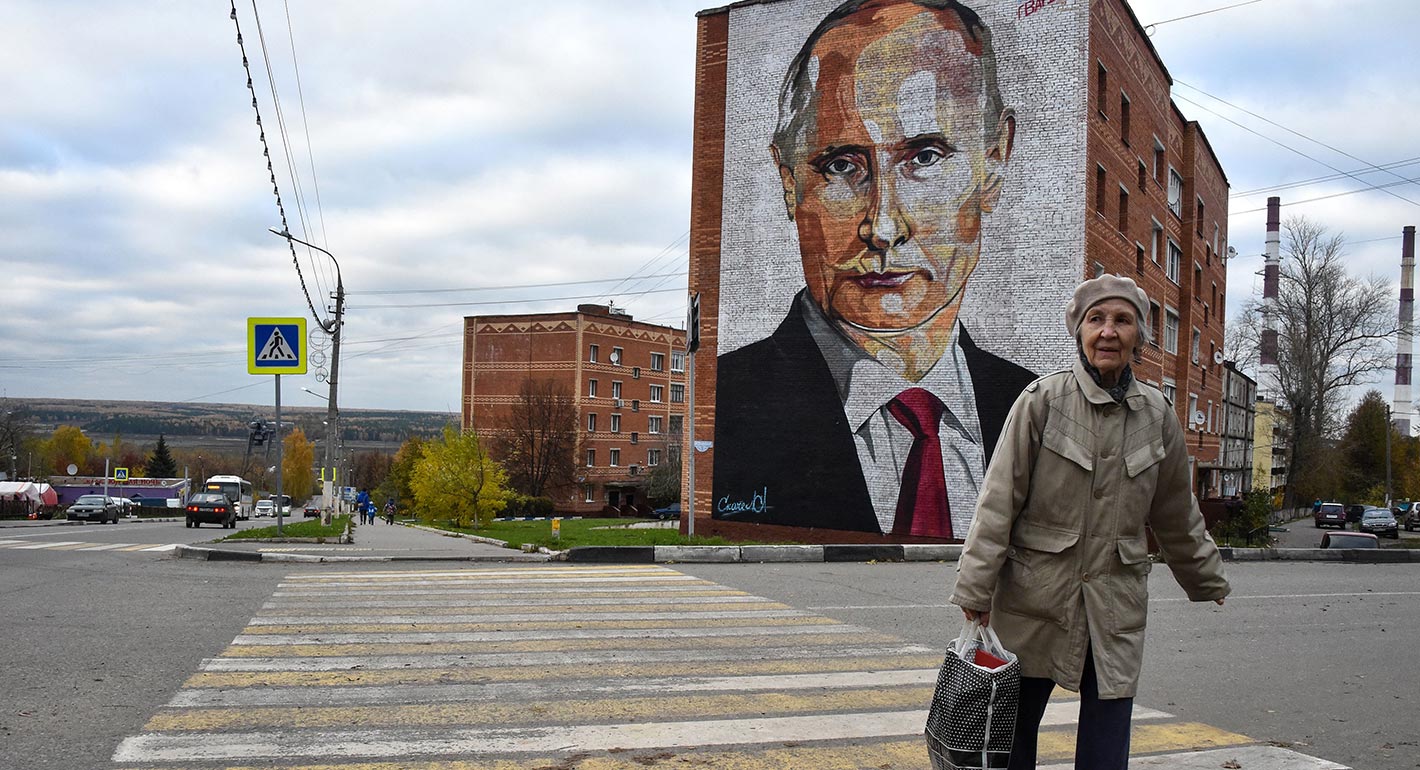What’s Happening?
Russians’ trust in President Vladimir Putin has slumped. According to the most recent data (a September 2018 poll by the Levada Center) a disappointing 39 percent of Russians said they trusted Putin. This marks a 9 percent dip since June 2018 and a 20 percent plunge since November 2017.
Several more indicators suggest trouble, such as Putin’s falling approval ratings. In September 2018, 67 percent of Russians polled by the Levada Center said that they approved of the president’s activities in September 2018. That figure dropped from 82 percent in April and 79 percent in May.
In September 2018, 41 percent of Russians said they believed that the country was heading in the wrong direction, up from 26 percent in April following the presidential election. The same month, the Russian Army earned more confidence from the public than the president (as a state institution): 66 percent versus 58 percent.
Why Does It Matter?
The main reason for the slump in these ratings is the authorities’ proposal to increase the retirement age from 60 to 65 for men and from 55 to 60 for women.
This was an unexpected and blatant breach of Russia’s paternalistic, unwritten social contract: the people’s support in exchange for the government’s re-creation of imperial pride and provision of social benefits.
Admittedly, Putin had already lost some popularity before the announcement of the pension reform.
But after the hike in the retirement age in June, it became even more clear that he is not just a symbol—he also is the person responsible for implementing the most painful changes to Russia’s social welfare system in recent years.
Putin’s image and that of Mother Russia, which were synonymous, have now diverged for the first time since the annexation of Crimea in March 2014.
What’s Next?
Putin can use his standard toolkit to reestablish his popularity: patriotism, militarism, whipped up external threats, and internal conflict with the so-called fifth column (people seen as undermining the country from within).
But the Crimea effect—the bump in nationalism after Russia annexed Crimea—has become routine, and many Russians feel fatigued by the permanent struggle with the West.
It’s symptomatic of this fatigue that the degree of hatred toward the United States among Russians has fizzled, from 69 percent in May 2018 to 40 percent in July. People are waiting for more friendly relations with the West.
Putin may have made Russia great again with his hawkish foreign policy, but many Russians feel it’s high time for him to focus on Russia’s domestic economic and social problems.
As a result, the options for boosting Putin’s popularity have narrowed. One thing is certain: the elites who support him will not try to make Russian politics more democratic nor try to modernize the state-driven economic system.







